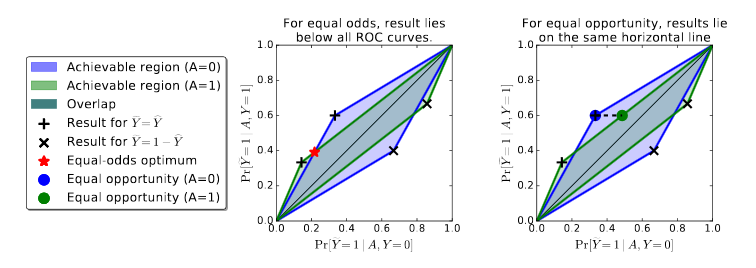The 4th Winchester Conference on Trust, Risk, Information and the Law took place at the University of Winchester on Wednesday 3rd May 2017. The overarching theme of the day was “Artificial and De-Personalised Decision-Making: Machine-Learning, A.I. and Drones”: offering a chance for multi-stakeholder and interdisciplinary discussion on the risks and opportunities presented by algorithms, machine learning and artificial intelligence.
Category Archives: Uncategorized
IEEE Standard for Algorithm Bias Considerations
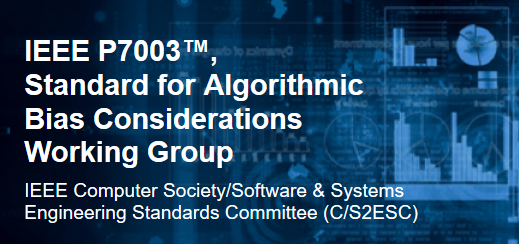
As part of our stakeholder engagement work towards the development of algorithm design and regulation recommendations UnBias is engaging with the IEEE Global Initiative for Ethical Considerations in Artificial Intelligence and Autonomous Systems to develop an IEEE Standard for Algorithm Bias Considerations, designated P7003. The P7003 working group is chaired by Ansgar Koene and will have its first web-meeting on May 5th 2017.
Continue reading IEEE Standard for Algorithm Bias Considerations
How hard is to be fair in multi-user combinatorial scenarios?
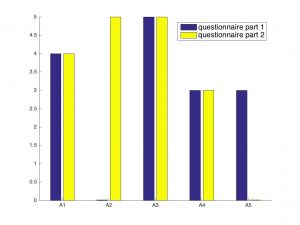
Many multi-user scenarios are characterised by a combinatorial nature, i.e., an algorithm can take meaningful decisions for the users only if all their requirements and preferences are considered at the same time to select a solution from a huge potential space of possible system decisions. Sharing economy application, where users aim to find peers to form teams with in order to accomplish a task, and situations in which a limited number of potentially different resources, e.g. hotel rooms, must be distributed to users who have preferences over them are examples of such scenarios.
Continue reading How hard is to be fair in multi-user combinatorial scenarios?
“Growing up Digital” UnBias team members contribute to House of Lords report
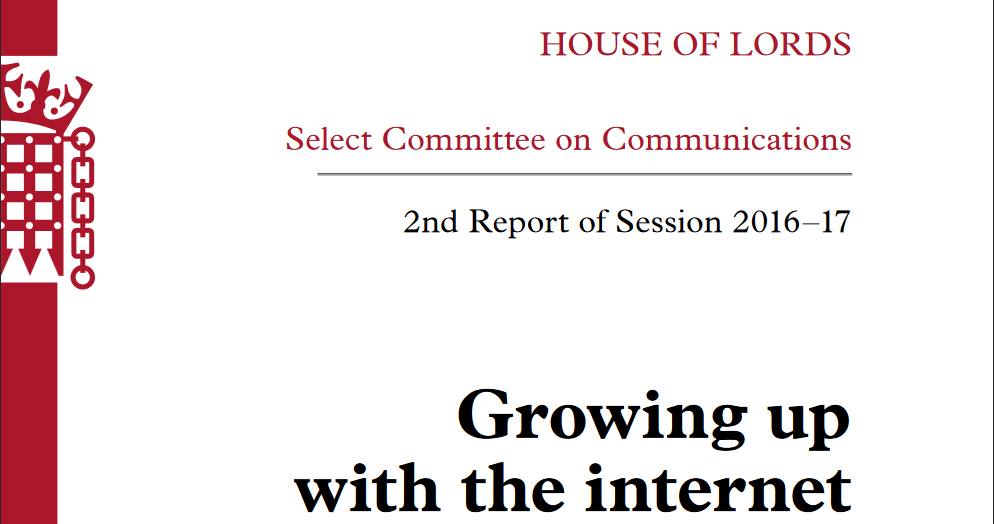
On 21st March the House of Select Committee on Communications published a report called ‘Growing up with the internet’. The report is based on an enquiry conducted by the House of Lords into Children and the Internet. UnBias team member Professor Marina Jirotka served as a specialist advisor to the enquiry and team member Professor Derek McAuley gave verbal evidence to it, elaborating on the written evidence submitted by Perez, Koene and McAuley.
Continue reading “Growing up Digital” UnBias team members contribute to House of Lords report
Algorithm Workshop, University of Strathclyde. February 2017
What are algorithms and how are they designed? Why are they used in commercial practice and what kinds of benefits can they bring? What are the potential harmful impacts of using algorithms and how can they be prevented?

On Wednesday 15th February 2017 some UnBias consortium members had the pleasure of attending an Algorithm Workshop hosted by the Law School, University of Strathclyde. During the workshop, we had the opportunity to consider, discuss and begin to address key issues and concerns surrounding the contemporary prevalence of algorithms. The workshop was also attended by students from the host University and an interdisciplinary group of experts from areas including Law, Computer Science and the Social Sciences. This mix of expertise made for a really great afternoon of talks and discussions surrounding the design, development and use of algorithms through various disciplinary perspectives.
Continue reading Algorithm Workshop, University of Strathclyde. February 2017
UnBias public engagement at the Explorers Fair

On February 10th and 11th, UnBias participated in the 2017 Explorers Fair Expo at the Nottingham Broadway cinema to engage with parent, children and citizens of any age in discussing the ways in which algorithms affect our lives.
Continue reading UnBias public engagement at the Explorers Fair
Fair machine learning techniques and the problem of transparency
An important topic considered this year at the International Conference on Neural Information Processing Systems (NIPS), one of the prime outlets for machine learning and Artificial Intelligence research in the world, is the connection between machine learning, law and ethics. In particular, a paper presented by Moritz Hardt, Eric Price, and Nathan Srebro focused on Equality of Opportunity in Supervised Learning.
Continue reading Fair machine learning techniques and the problem of transparency
Announcement: 5Rights Youth Juries report launch at Parliament
The UnBias team is pleased to announce the launch of a ground-breaking report that articulates the voice of children and young people, and their relationship to the internet and digital technologies.

This report is titled ‘The Internet on our Own Term: How Children and Young People Deliberated about their Digital Rights’ and describes the work carried since April 2015 in which young people aged between 12 and 17 gathered together in the cities of Leeds, London and Nottingham to participate in a series of jury-styled focus groups designed to ‘put the internet on trial’. In total, nine juries took place which included 108 young people, approximately 12 participants per jury.
Continue reading Announcement: 5Rights Youth Juries report launch at Parliament
2016, an eventful year for algorithms

For algorithm based systems, as with many other topics, 2016 turned out to be an eventful year. As we close the year and look back on events, the course of 2016 brought many of the issues we intend to address in the UnBias project to the attention of people and organizations who previously perhaps had not considered these things before.
UnBias engagement with Ethics and Law communities
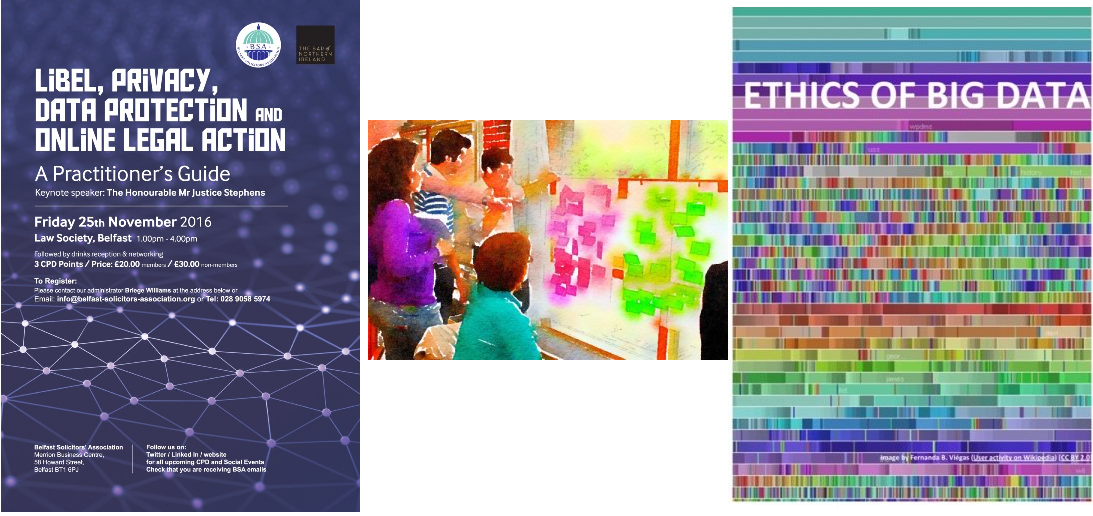 From Thursday 24th to Monday 28th November, the Nottingham UnBias team contributed to series of workshop/CPD events organized by the SATORI project, the Belfast Solicitors’ Association (“BSA”) and the Ethics of Big Data working group at the University of Cambridge.
From Thursday 24th to Monday 28th November, the Nottingham UnBias team contributed to series of workshop/CPD events organized by the SATORI project, the Belfast Solicitors’ Association (“BSA”) and the Ethics of Big Data working group at the University of Cambridge.
Continue reading UnBias engagement with Ethics and Law communities

